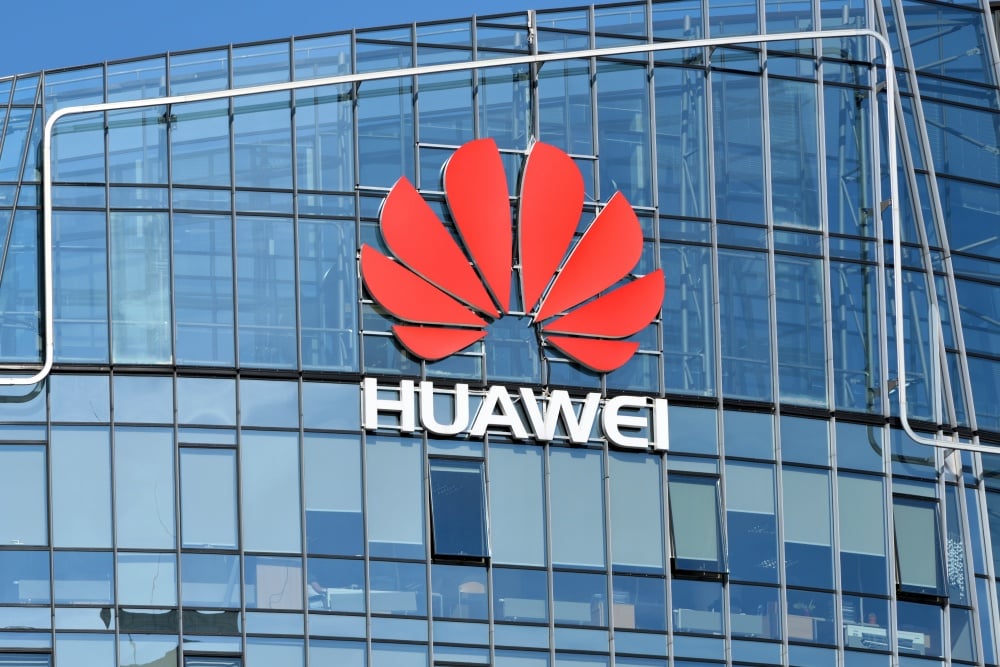Huawei Faces Possible Final Nail in Coffin as Chip Designer Bails: Report

Huawei already lost Google and now it appears that its relationship with UK-based chip designer Arm Holdings is also on the rocks. | Source: Shutterstock
By CCN.com: Google was only the beginning of Chinese multinational tech giant Huawei’s woes. The odds are increasingly stacked against the popular smartphone maker now that it is losing business with one of its biggest partners: British chip designer Arm Holdings. According to a BBC report , the chip company distributed an internal memo saying that as a result of “U.S. origin technology,” it is no longer working with Huawei.
Following news that the telecommunications giant would be “blacklisted” along with other China-based companies by the Trump administration, Huawei has lost its connections with multiple suppliers and tech partners across multiple continents. Its mobile phones, for example, were banned from integrating Android updates and hosting YouTube, Gmail and other Google Play apps after the internet giant stepped away from all business with Huawei .
Huawei has been placed on a list of potential ventures that could “undermine U.S. national security.” The risks the Trump administration associates with Huawei have caused many U.S. and UK-based businesses to sever their ties with the company.
Arm Ends Relationship with Huawei
A Wired report suggests that Huawei could ultimately survive without support from Google. But its Plan B involving Arm as a personal soldier against America-based restrictions is null and void. The open-source version of Android was designed and built with Arm chips in mind, which suggests that without Arm by its side, Huawei would need to build its own chips from scratch. This is a process that requires many years to accomplish and would likely place the company’s smartphones and handheld devices at a serious standstill.
Huawei has a chance of remaining unaffected if the ban doesn’t hold up or a waiver is granted allowing the relationship to continue temporarily. A 90-day waiver came through for Google, which allows Huawei to retain its ties to the company for a full three months before the ban officially kicks in, and the same could occur with Arm as well. Unfortunately, nothing comes with a written guarantee.
Huawei Faces an Uncertain Future
At first, the biggest change we’ll likely witness is the dragging of cell phone sales. In the long run, however, the Chinese smartphone maker is likely to shift its attention to other (potentially local) suppliers.
451 Research Chief Analyst Eric Hanselman is cited in Wired as saying all of Huawei’s options will be “painful.” He believes the only way for the company to survive is to completely revamp its core, which it certainly won’t be able to do overnight.